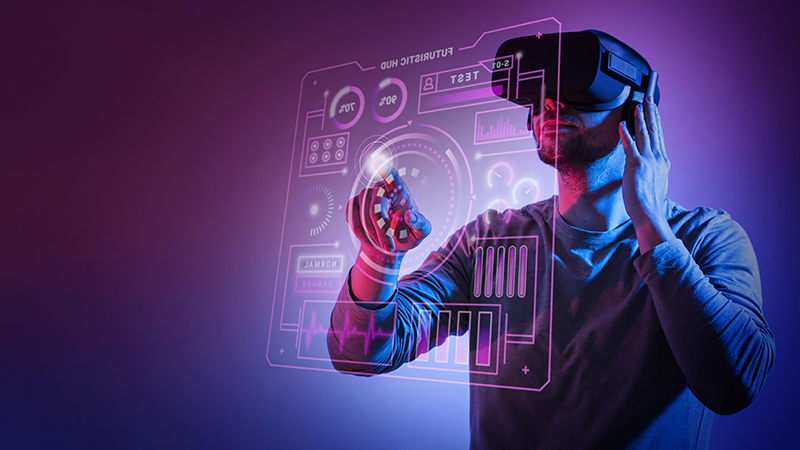ITD Program is designed to produce graduates with advanced knowledge and skills in information technology and digital innovation. This program combines theoretical foundations with practical applications, enabling students to excel in software development, artificial intelligence, and digital technology innovation. The curriculum adheres to national and international standards, ensuring graduates are well-prepared to meet the demands of the fast-changing digital economy.
Throughout the program, students will follow a comprehensive learning plan that includes general education, core technical subjects, specialized courses, and hands-on training. Key focus areas include software innovation, artificial intelligence, big data analysis, network systems, and project management. Students will also participate in real-world projects, internships, and seminars that strengthen their technical skills and critical thinking abilities. The program places a strong emphasis on practical experience, ensuring that students can effectively apply their knowledge in professional settings.
Upon completing the program, graduates will be well-prepared for careers in the digital and IT industries. Potential career paths include software developer, AI specialist, system analyst, IT project manager, data analyst, cybersecurity professional, and digital innovation consultant. This program not only equips students for immediate employment but also fosters adaptability and problem-solving abilities, enabling them to succeed in the ever-evolving technology landscape.


The Bachelor of Science Program in Information Technology and Digital Innovation is designed to build students' knowledge and skills progressively over four years. Each year focuses on developing specific competencies to prepare students for professional roles in the IT and digital innovation industries.
Year 1 : Foundational Knowledge and Basic Skills
Year 2 : Core IT and Technical Proficiency
Year 3 : Advanced Technologies and Specialization
Year 4: Professional Readiness and Capstone Projects
Graduates of the Bachelor of Science Program in Information Technology and Digital Innovation are equipped with diverse skills and knowledge, enabling them to pursue careers in various sectors of the IT and digital innovation industries. Below are the career opportunities categorized by specialization:
Innovative Software and Artificial Intelligence Specialization
Innovative Digital Technology Specialization
General Career Pathways
